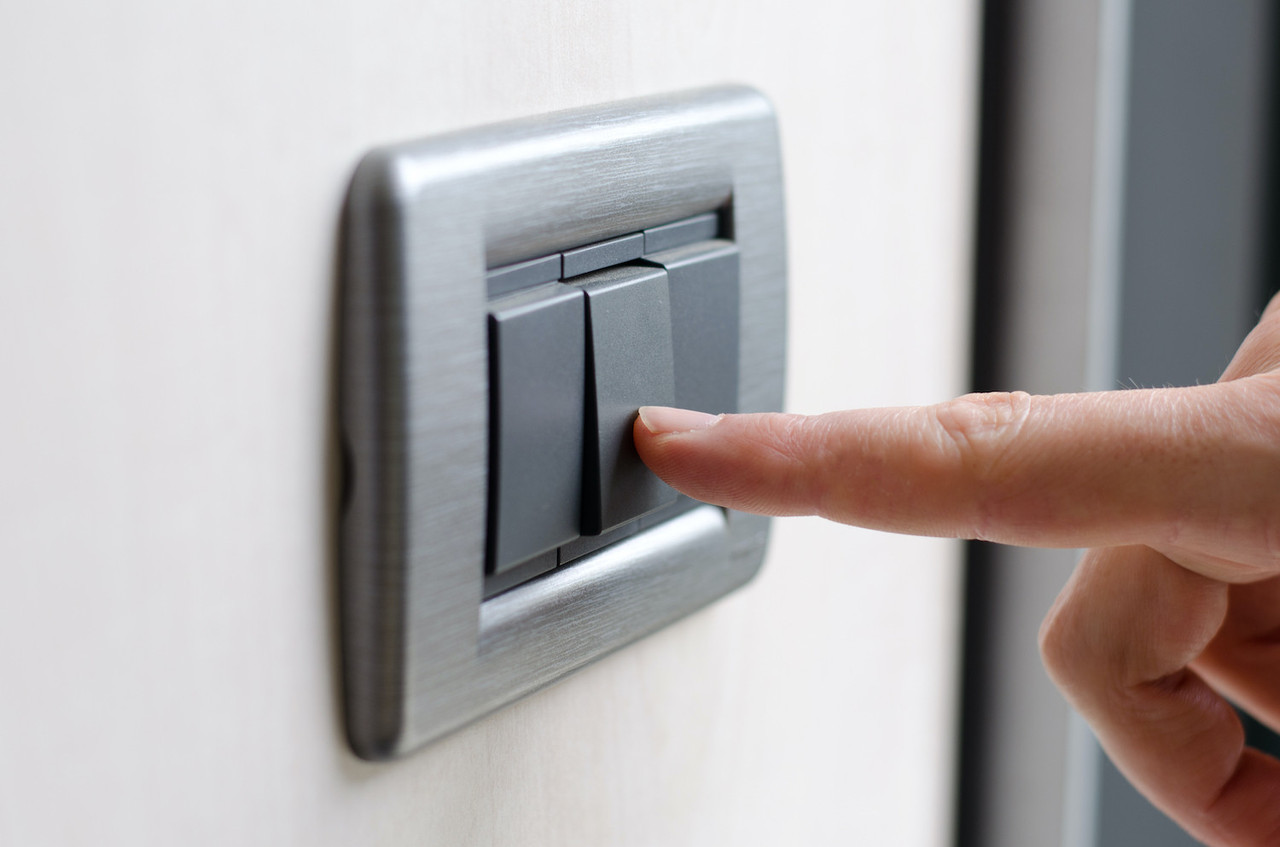Around 3% of Luxembourg’s households spend more than 10% of their household income on electricity, heating and warm water, which is considered the definition of energy poverty.
According to the Luxembourg Institute for Regulation (ILR), the number of requests for electricity to be turned off doubled from 1,190 in 2016 to 2,419 in 2020. However, only around a third of these requests were carried out in the end. This compares to 78% in 2016.
Customers that cannot pay their bills receive an invoice reminder after 15 days, informing the household that it will be disconnected in 30 days. The supplier at the same time notifies the customer of the competent social office where they can turn for assistance. The energy supplier also informs the social office of the situation.
The trend was less clear in the gas sector, used for heating: in 2016, out of the 708 disconnection requests, 102 were carried out shutdowns (14%), while in 2020, out of 693 requests, only 77 were concluded (11%).
Energy consulting office myEnergy since 2016 manages a programme that supports households pay their energy invoices on behalf of the the ministry of the environment and the family ministry to connect persons in need of assistance with competent social offices but also assist their transition to low-energy consumption.
In the last two years, a total of 71 consultations were conducted, and in 49 cases, assistance was provided for the transition to energy-saving household appliances.
In Luxembourg, 30 social offices can provide financial aid for households who have difficulties paying their energy bills, the family and energy ministers said in answer to a on Tuesday.
Moreover, the Allocation de vie chère (AVC) for 2021 increased by 10%; for the year 2022, the AVC will add at least €200 more per household. The AVC is intended to benefit families compensate for the loss of purchasing power due to the increase in energy prices.
